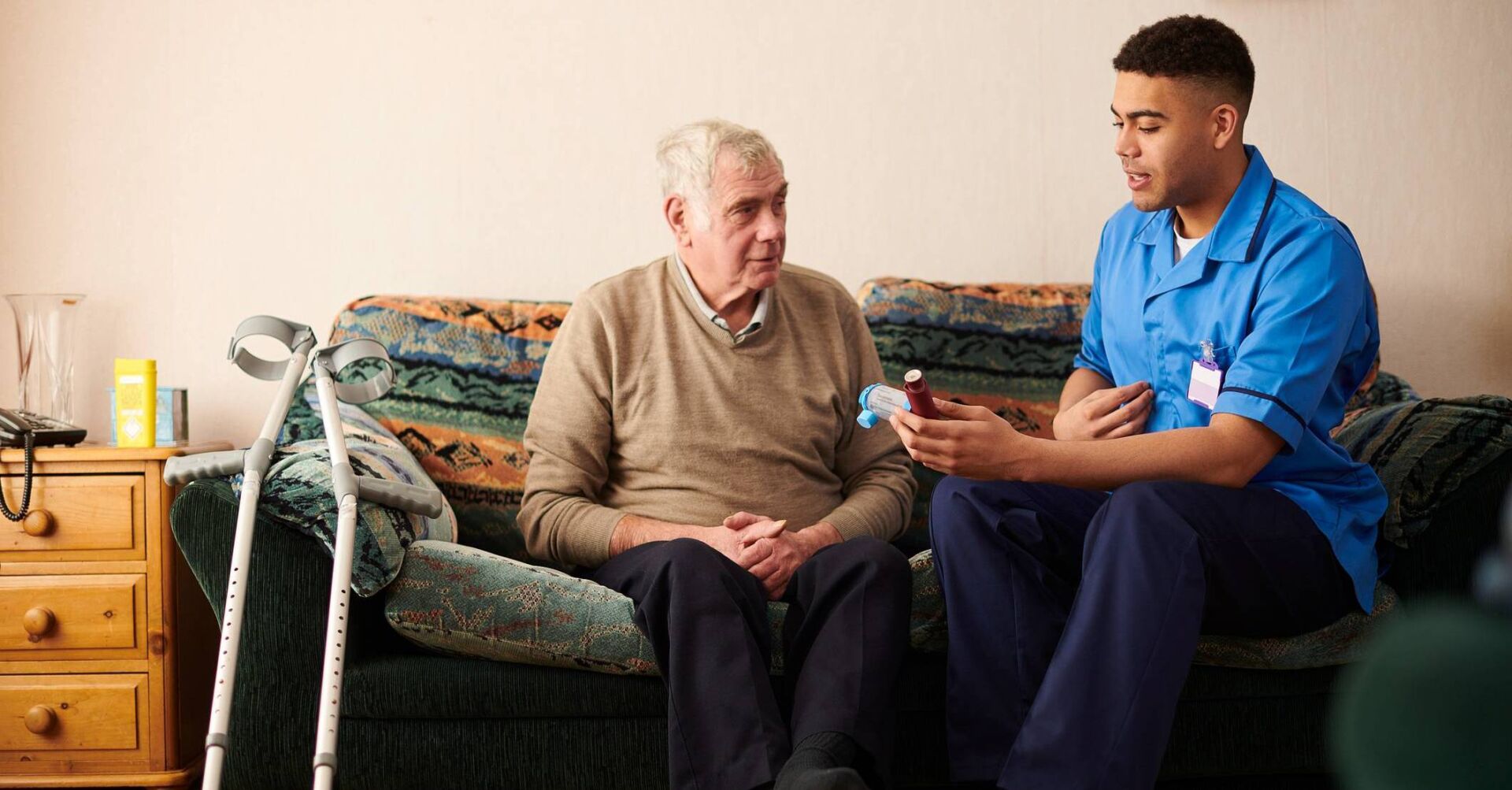The nursing regulator has commissioned a review of its fitness to practise (FtP) cases in a bid to tackle differences in the experiences and outcomes of nurses from diverse backgrounds.
The Nursing and Midwifery Council (NMC) said it has asked the University of Greenwich to examine its current policies and guidance and assess whether they ‘effectively promote equality’ within the FtP process.
In addition, it said it wanted to find out whether bias or discrimination had contributed to any disparities.
It comes after recent NMC research found that professionals who are men, Black, disabled, or whose sexual orientation is unknown are more likely to progress through the stages of the FtP process.
The research also discovered disparities in the groups of professionals referred to the NMC by employers. In particular, employers appeared to refer a higher proportion of male and or Black professionals compared to the proportion of these groups on the NMC register and sometimes even compared to the demographics of their own local workforces.
The new review will look at a sample of FtP cases that closed between September 2019 and September 2023.
The nursing regulator also said its outreach team – the Employer Link Service – is set to work with employers to better understand disparities also found in the groups of professionals referred to the NMC by employers.
Matthew McClelland, NMC executive director of strategy and insight, said: ‘Every nurse, midwife and nursing associate needs to feel respected, valued and supported so they can deliver the best care possible for people.
‘That includes every aspect of their working lives, including on those occasions when professionals are referred to our fitness to practise process.’
He added: ‘We’re speaking to employers to understand why there can be disparities in some groups of professionals who are referred to us as well as looking at why those groups experience our regulatory processes differently.
‘This work will help us work towards being a fairer, more inclusive regulator. We’ll keep people informed as the work progresses.’
Analysis on the outcomes of the latest review will be shared by the NMC later this year.







